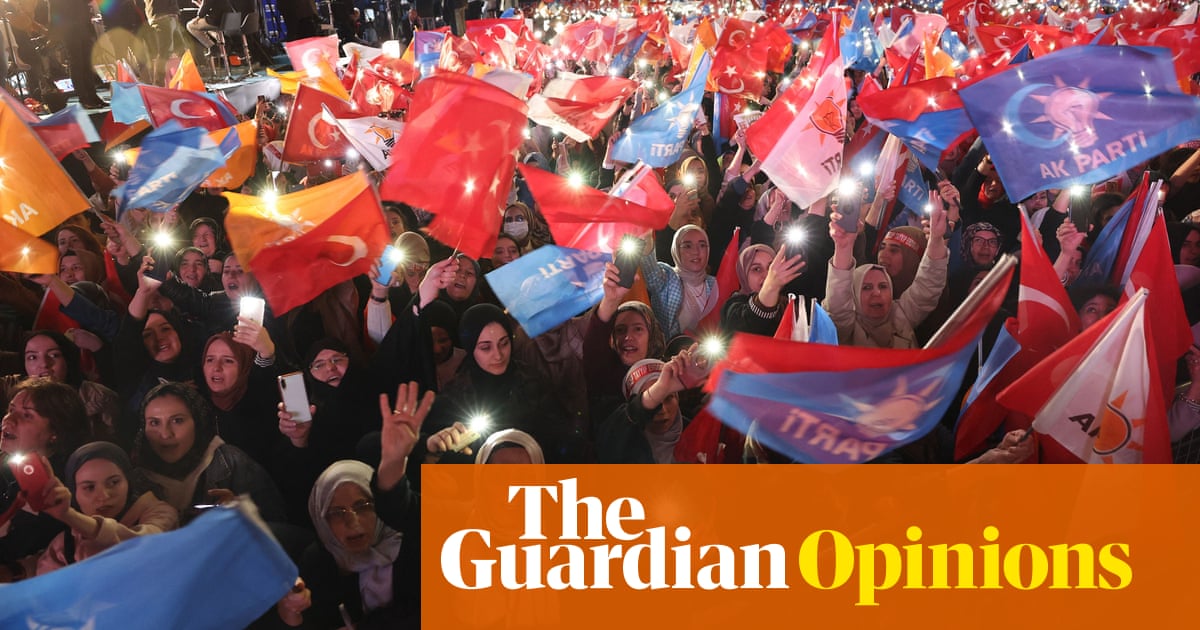
In the ‘CEDRE’ Conference in Paris aimed at rallying international support for an investment program to boost the Lebanese economy, French President Emmanuel Macron underlined the importance of “following up” the outcome. Stressing that the outcome would be meaningless “unless radical changes” take place in Lebanon; Macron added: “If we help Lebanon we will help the region, and subsequently, help ourselves”.
This statement is very significant, more so when looking at the photo taken for Macron with the Lebanese delegation attending ‘CEDRE’. The photo included Prime Minister Saad Hariri, and ministers Ali Hassan Khalil (Amal Movement), Jebran Bassil and Cesar Abi-Khalil (both from President Michel Aoun’s Free Patriotic Movement) and Yusuf Fenianos (Marada Movement). The four ministers represent political groups that support the Syrian regime.
Incidentally, this comes as the international community seems to disregard what that regime has perpetrated for more than seven years, embarking on a process of ‘rehabilitation’ after the completion of what remains of the required ‘demographic engineering’ in Douma (greater Damascus), Al-Rastan and Talbisah (Homs Province) and areas in the Golan heights and Hawran in southern Syria.
Even Hariri - who since aligning himself with Aoun has regarded almost every decision taken as an ‘achievement’ - has virtually become part of the Lebanese ‘scenario’ integrated with the ‘Syrian settlement’. Indeed, by agreeing on the electoral law favored by the Hezbollah-Aoun alliance, Hariri opened the door, officially for Iran – the main sponsor of the Damascus regime – and its henchmen to reclaim the political initiative in Lebanon.
Thus, the ‘reservations’ expressed by more than one participant in ‘CEDRE’ reflects the intention of ignoring the results of the Lebanese parliamentary elections scheduled for May 6, and conceal the Tehran-Damascus axis’ expected gains.
Most observers believe that Hezbollah’s silence hides its satisfaction with the outcome of the polls, especially when they come amid the liquidation of the popular Syrian uprising after ‘besieging’ it with extremist organizations that diverted it to give credibility to the accusations of Damascus, Moscow and Tehran, to the uprising as being ‘Takfirist’ and pro-ISIS.
‘CEDRE’ did not give Lebanon a ‘carte blanche’. The international donors did not give the Lebanese unconditional financial support, but rather, insisted on a ‘follow up’ mechanism to monitor the promised reforms. However, even this mechanism remains part of the semi-concocted ‘reservations’ toward the reality of the Lebanese situation; and since both the French president is aware of the details, and so are the Americans, there seems to be a race between the ‘solution’ and the impasse.
Such a race cannot be separated from the overall regional situation. We are now at a crossroads of regional conflicts, extending from Iraq, to Syria and Lebanon, to Yemen, and back to the occupied Palestinian territories.
In fact, there are signs of increased complications in Russian-American means to resolve most Middle East issues. If Iran feels that it is now well-placed to freely maneuver or impose its conditions, Turkey seems to have gone to the opposite side, to its NATO position, allowing itself to exchange tactical services with Russia, its ‘historic enemy’. This means that Israel, which always benefits from its relations with both Washington and Moscow, is the only regional player able to implement its own project disregarding the current tension between the two major capitals.
Contrary to what some may think, Israel’s project is not limited to finalizing the status of the occupied Palestinian territories and preparing for their demographics, but also includes making official the deals and tacit considerations between Tel Aviv and Damascus, and subsequently - in the light of linking Lebanon with the ‘new Syria’ – between Tel Aviv and Beirut. Furthermore, it has become obvious to serious observers that bringing down the Damascus regime is not a priority for Israel; Had it been so, Israel would have pushed for getting rid of it by major Western capitals, mainly Washington, which for decades has been accusing it of sponsoring terrorism.
Today, how Washington deals with Iran’s regional project, namely with regards to the future of Syria and Lebanon, is a matter of utmost importance. Also important is monitoring the cooperative and yet competitive relations between Russia and Iran in Syria, and whether Washington and Paris are willing to relinquish their ‘shares’ in Lebanon to Russia, after peacefully coexisting with Iranian hegemony – through Hezbollah – over Lebanon during the Barack Obama presidency.
Back to the ‘CEDRE’ conference in Paris, among the issues discussed was that of Syrian refugees, which the Hezbollah-Aoun alliance raises from a sectarian and antagonistic perspective each for its own interests. The subject is also raised based on an economic and livelihood perspective by some in the Sunni-inhabited areas which had welcomed the Syrian refugees, leading to accusations of collusion with terrorism and ‘Takfir’.
What is taking place in Lebanon in order to speed up the imposition of the ‘status quo’ on Syria is to deprive the Syrian refugees of a nationalist and Sunni embrace; and actually joint efforts are being exerted to that end, supported by most major capitals, each for its own motives. On the other hand, there has been a trend among the Lebanese Sunnis which has gone along with this policy hoping it would rid them of the economic burden of the displaced, improving the chances of winning and benefiting from foreign money.
So, the May elections are an extremely important stage to all parties although those expecting Lebanon to emerge with credible programs and policies are not very optimistic.
The electoral alliances are interest-based, and the nature of the proportional representation system of the elections law will cause further fragmentation under the excuse of broadening the representation base. As a result, the size of parliamentary blocs will not allow for any realistic discussion on Hezbollah’s weapons, its relationship with the Lebanese state, and how independent it would be from Tehran.
Promises look nice, but the devil is in the detail!












